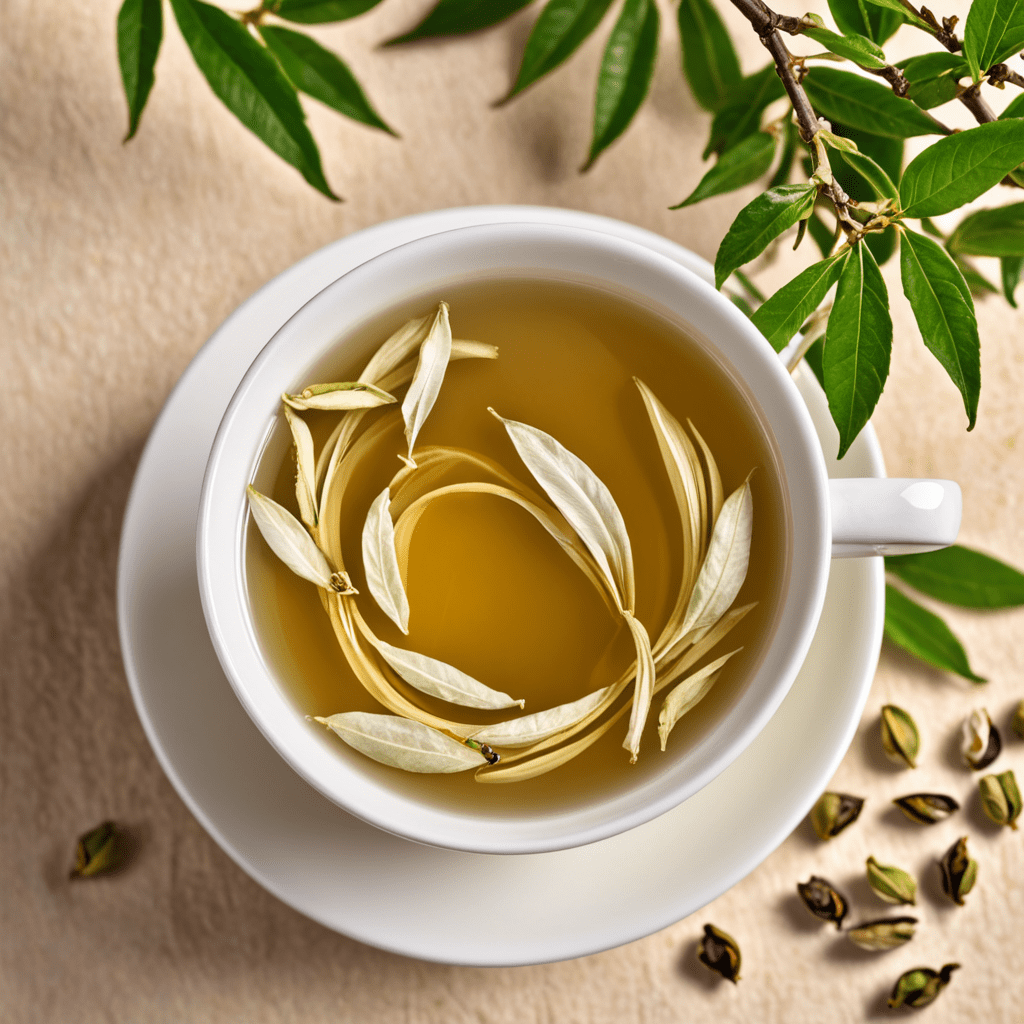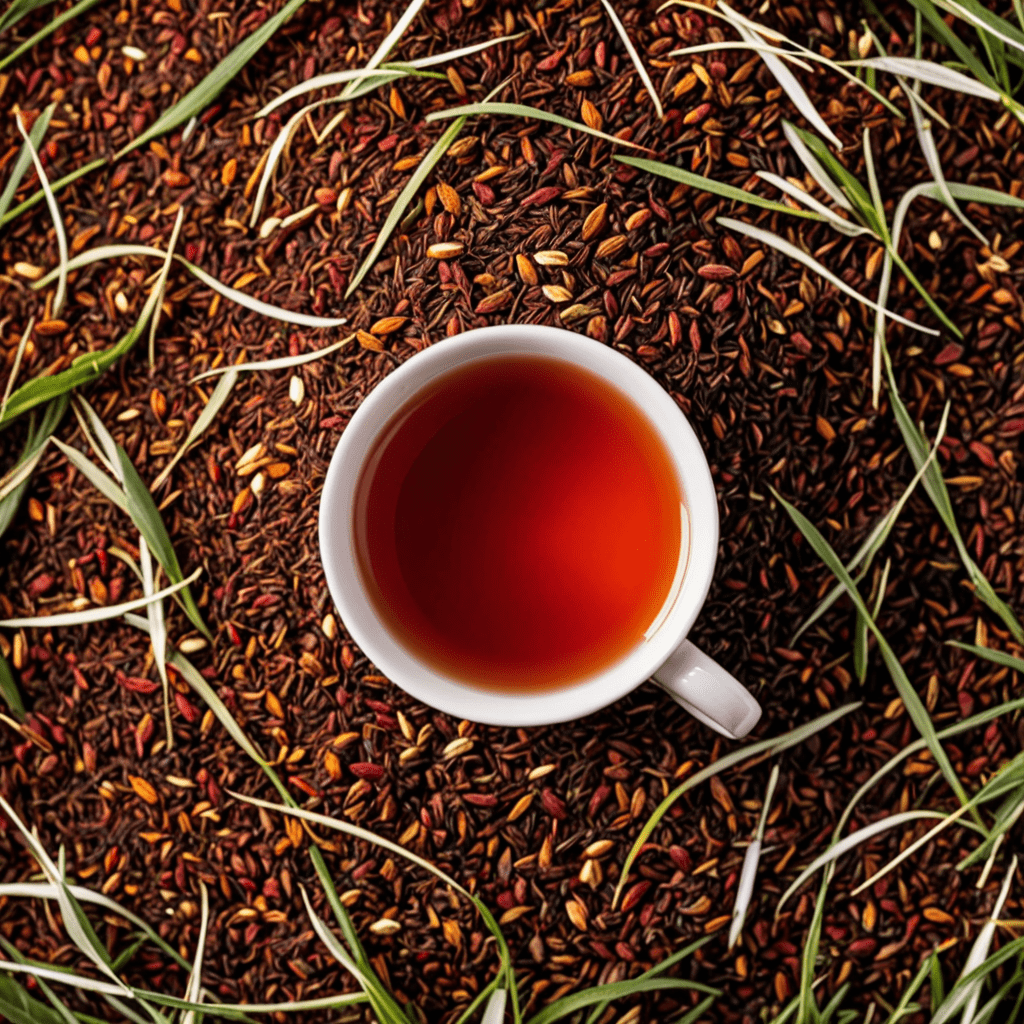White Tea: The Essence of Tea Purity
White tea is celebrated for its delicate flavor, subtle sweetness, and numerous health benefits. Let’s explore what makes white tea the essence of tea purity.
The Origins of White Tea
White tea is a type of tea made from the young leaves and buds of the Camellia sinensis plant. It originated in the Fujian province of China and was traditionally reserved for royalty and the elite due to its rarity and exquisite flavor profile.
The Minimal Processing
Unlike other types of tea, white tea undergoes minimal processing. The leaves are simply plucked and left to wither and dry naturally, allowing the natural flavors and aromas to remain intact.
Health Benefits of White Tea
White tea is rich in antioxidants and has been associated with a myriad of health benefits, including improved cardiovascular health, enhanced immune function, and potential cancer-fighting properties.
The Delicate Flavor Profile
The gentle and subtle flavor of white tea sets it apart. Its light, slightly sweet taste with floral undertones appeals to those seeking a more nuanced tea experience.
Brewing White Tea
Brewing white tea is a simple process. It is best enjoyed with water at lower temperatures, around 170°F, and steeped for a short duration, typically 2-4 minutes, to fully appreciate its delicate flavors.
Types of White Tea
There are several varieties of white tea, including Silver Needle, White Peony, and Long Life Eyebrow, each with its own unique characteristics and flavor profiles.
Appreciating the Purity of White Tea
White tea’s purity lies in its minimal processing, delicate flavors, and numerous health benefits. Embracing the essence of tea purity, white tea continues to captivate tea enthusiasts worldwide with its exquisite taste and rich cultural heritage.
FAQs About White Tea: The Essence of Tea Purity
What is White Tea?
White tea is a type of tea made from the young leaves and buds of the Camellia sinensis plant. It is minimally processed, allowing the leaves to wither and dry naturally. The tea’s delicate flavor and light color are prized by tea enthusiasts.
How is White Tea Different from Other Teas?
White tea undergoes minimal processing compared to green, black, or oolong teas. It is harvested at an early stage, withered, and dried without oxidation. This helps retain the tea’s natural antioxidants and delicate flavor.
What are the Health Benefits of White Tea?
White tea is rich in antioxidants, which may contribute to a range of potential health benefits. These include promoting heart health, boosting the immune system, supporting oral health, and aiding in weight management.
How Should White Tea be Brewed?
To brew white tea, use water at around 175°F (80°C) and steep for 2-3 minutes. The delicate nature of white tea requires careful attention to water temperature and steeping time to avoid bitterness and allow the nuanced flavors to shine.
Is White Tea Caffeinated?
Yes, white tea contains caffeine, albeit in lower amounts compared to other types of tea. The caffeine content in


